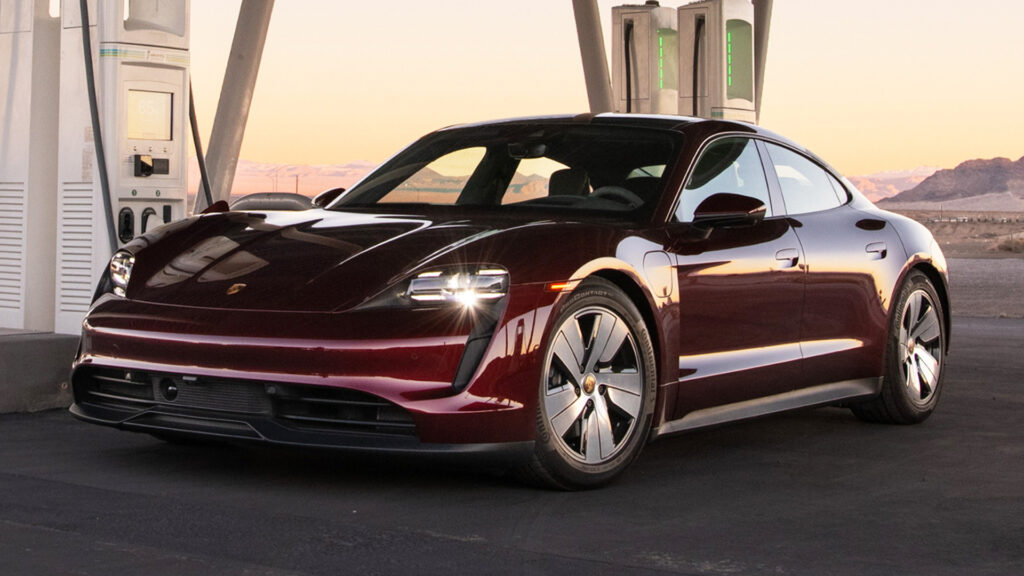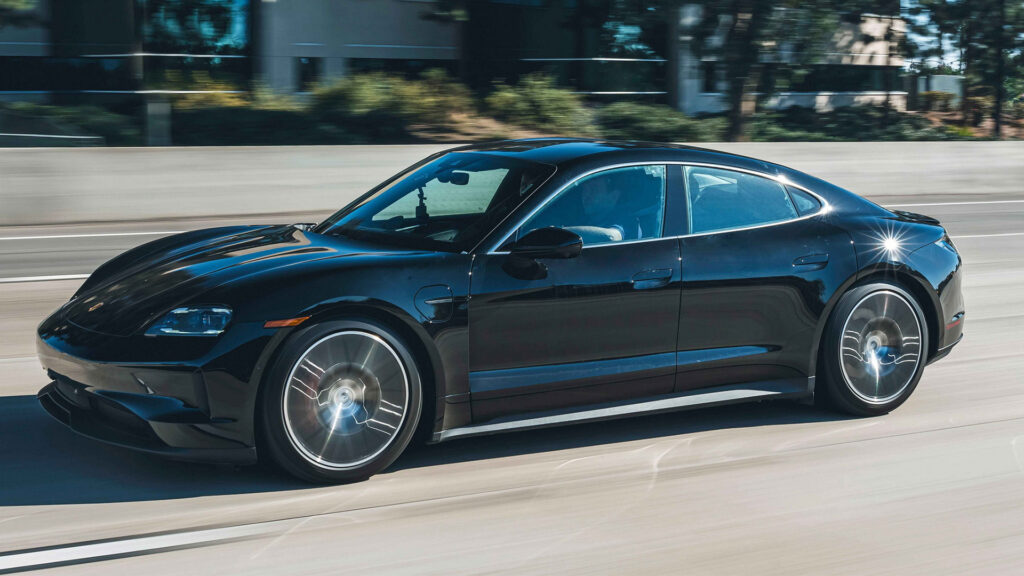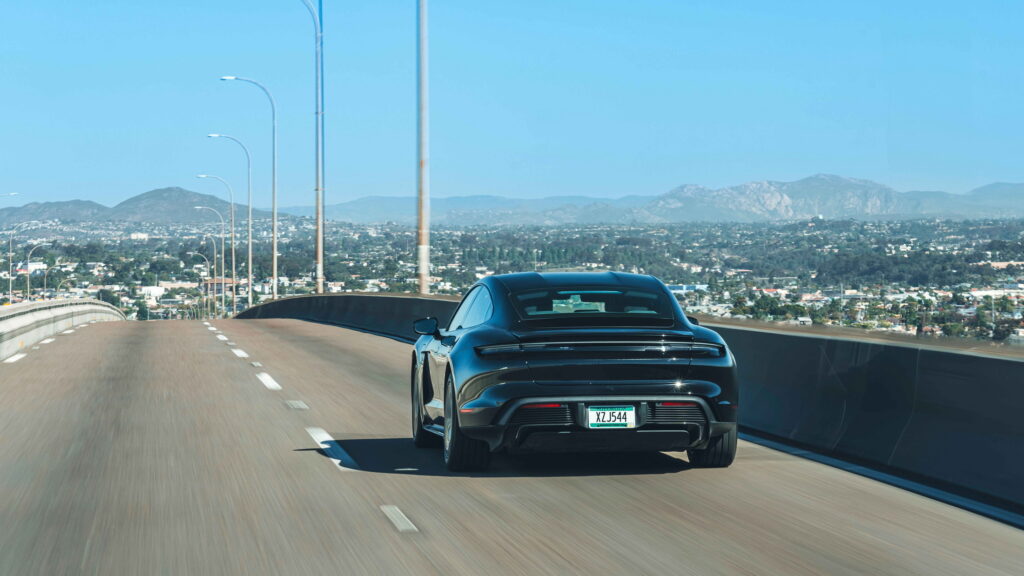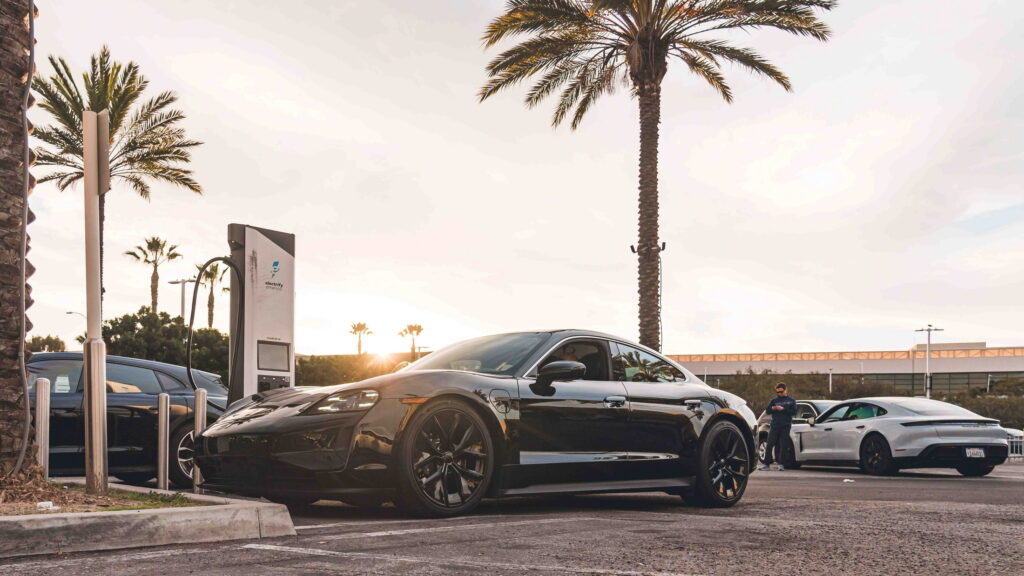Porsche Hit With Class Action Over Taycan Batteries That Could Catch Fire

- The lawsuit claims that Porsche should replace all defective battery packs.
- It also asserts that the automaker has known about battery faults since at least February 2020.
- In early 2025, Porsche will install an on-board diagnostic system to detect battery anomalies.
Two months after Porsche issued a widespread recall of 2020-2024 Taycan models across the United States for a battery defect, a class action lawsuit has been filed against the automaker and is seeking a jury trial in relation to the battery fault.
The lawsuit, filed by Gibbs Law Group, names plaintiff Miodrag Kukrika and alleges Porsche has failed to disclose or adequately repair a “dangerous and widespread” defect in the EV’s battery pack. The law group are seeking to represent a class of owners and lessees of impacted Taycan models and claims Porsche has known about the issue since at least February 2020 after a vehicle fire at a home in Florida.
Read: Porsche Taycan Recall Means You’re Stuck Charging To 80% Until 2025
“Porsche investigated the incident and since then, has learned about several other fires and about numerous owner complaints about the Battery Defect,” the class action states.
In the recall notice issued in early October, Porsche said the high-voltage batteries of certain Taycans could short circuit, leading to fires. Owners have been asked to cap charging of their vehicles to 80% until early 2025, when an on-board diagnostic system will be installed to detect battery module anomalies. Vehicles shown to have battery faults will have their packs replaced.

This class action lawsuit says the automaker hasn’t addressed the “root cause of the defect” and should repair or replace all of the defective batteries. Kukrika alleges Porsche is guilty of fraudulent concealment and omission, breach of the implied warranty of merchantability, and negligent misrepresentation/omission. He is seeking a jury trial and has requested injunctive relief alongside an award of punitive, compensatory, treble, and exemplary damages for all class members.
“The Battery Defect presents an unreasonable safety risk to drivers and passengers of the Class Vehicles and to people in residential homes and other structures where the vehicles are parked or near,” the lawsuit adds.
The class action was filed in the U.S. District Court for the Northern District of Georgia on November 29.











